If you have heard of the TLR cameras, they are slightly similar to the SLRs or even the DSLRs that are quite famous. They defer from the SLRs in the design that they have two lenses (twin lens) with a single fixed mirror that reflects light the comes in through the lens. These cameras look quite different compared to the traditional cameras and hence one might be too curious in fact.
The twin-lens system has a purpose. The lower lens takes the picture, and the upper lens serves as the viewing lens. The optics are roughly the same in terms of focal length, but only the lower lens has an aperture system inside it. Due to this deployment, the camera allows the photographer to keep watching the scene after pressing the shutter button since the mirror doesn't need to flip up to expose the film to light, similar to how rangefinder cameras allow the photographer to continue watching the scene after pressing the shutter button. For an unknown reason, this way of taking pictures has been critical in street photography, maybe after the famous “decisive moment” approach from Henri Cartier-Bresson.
The previously described arrangement of elements in the camera, and its way of working, invite the photographer to use it at a waist level – although this is not the only way to frame an image, as you can see in this image where I am making a shot in a pretty curious way.
Last year, I had a chance to actually use a Medium Format camera, thanks to the TLR system. For ages, I have been dreaming of having one of these cameras, so on my birthday in 2016 I decided to give myself a little treat and bought this camera. I've never had one of these precious tools in my hands; therefore, the test run was a pretty curious ride. I watched a lot of videos that explained how to load and unload the film, and also into how to expose a shot, so I felt pretty comfortable with the logic of the camera. One of the most curious things was the archaic way the medium format film was packed. I found it simple and straightforward.
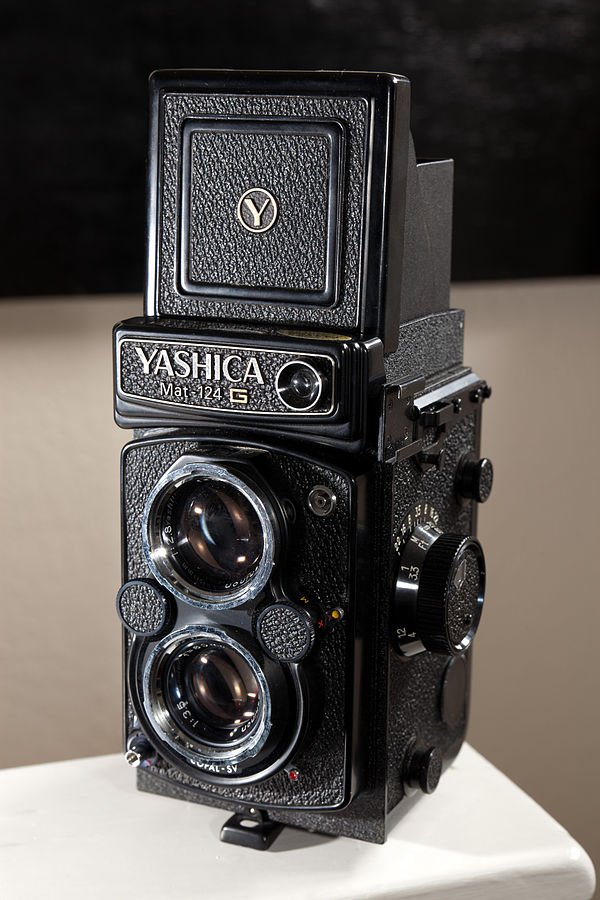
Finally the expected day came, and the camera I had seen so much on the internet was finally in my hands. I know there are more legendary medium format TLR cameras (like the famous Rolleiflex) but the Yashica Mat 124G was what opened the door to this completely unknown format for me. Instead of finding it difficult to use, it was a wonderful experience from day one.
Below is list a few oddities I found while learning to use a TLR camera. They are not pros or cons, they are mere curiosities I discovered while working in this interesting format.
1:1 Aspect Ratio
One of the most curious things about working with a TLR camera was the strange nature of the 1:1 aspect ratio. Composing in this aspect ratio felt strange, but I found a more or less lazy way to overcome this “difficulty”. I started to understand everything as two rectangles that complemented each other. The real “problem” appeared to me while walking in the streets, because I had to compose fast, so I began to see a lot of unintended negative space (that was definitely not appealing) in my photographs.
Right is Left, and Left is Right
All right, I know, this seems like quoting the inebriated words of Captain Jack Sparrow, but really this was the feeling I had when I started composing frames with my camera. It is complicated to follow somebody down the street with a tool that sees everything the opposite way. Sometimes I just aim my camera and wait for the subject to come across my frame; other times I need to follow them with a twisted mindset.

Its obvious nature
When taking pictures with a TLR camera, the viewfinder chamber has to be fully extended towards the sky. This makes the device absolutely obvious and impossible to hide. To use such an obvious apparatus in crowds can be challenging, but I have found that thanks to being able to shoot pictures without directing your eyes directly at the subjects makes it totally innocuous to the public. I could even say that it has an innocent soul that doesn't threaten people's privacy on the streets.
12 Images
My love of photography began in the usual way these days, with digital cameras, and little by little I went into the analog world for various reasons (curiosity, self-challenge, access to formats that are unreachable in digital, etc.). The first time I used a 35mm camera I felt greatly restricted by having to work with just 36 frames. After that odd feeling, I learned to take fewer, but more thoughtful images. Then, with the TLR camera, I discovered that I could limit myself even more – to 12 photographs. After I shoot in the 120 film format and then decide to shoot one 35mm roll of film, it feels like an eternity.
Completely Silent

One of the big surprises I found with the TLR camera system was that despite its large size and its greater weight, the machine was totally silent. A barely perceptible click comes out of that large block of metal and glass, making it a great companion for street photography.
One of the best things I’ve experienced with the TLR camera is its simplicity. The machine is very simple to use, has a fairly simple focus system that is easy to understand, and, in case the light conditions give you some trouble while focusing, the cameras have a small built-in surprise: a small magnifying glass for precise focusing. Besides this simplicity, I have also found that it is a very humble camera; it knows how to get along well with my favorite camera, the Fujifilm X100T. For a walk of several days where I don’t want to take any chances, I can put the two cameras in a small bag and go without any problems at all.



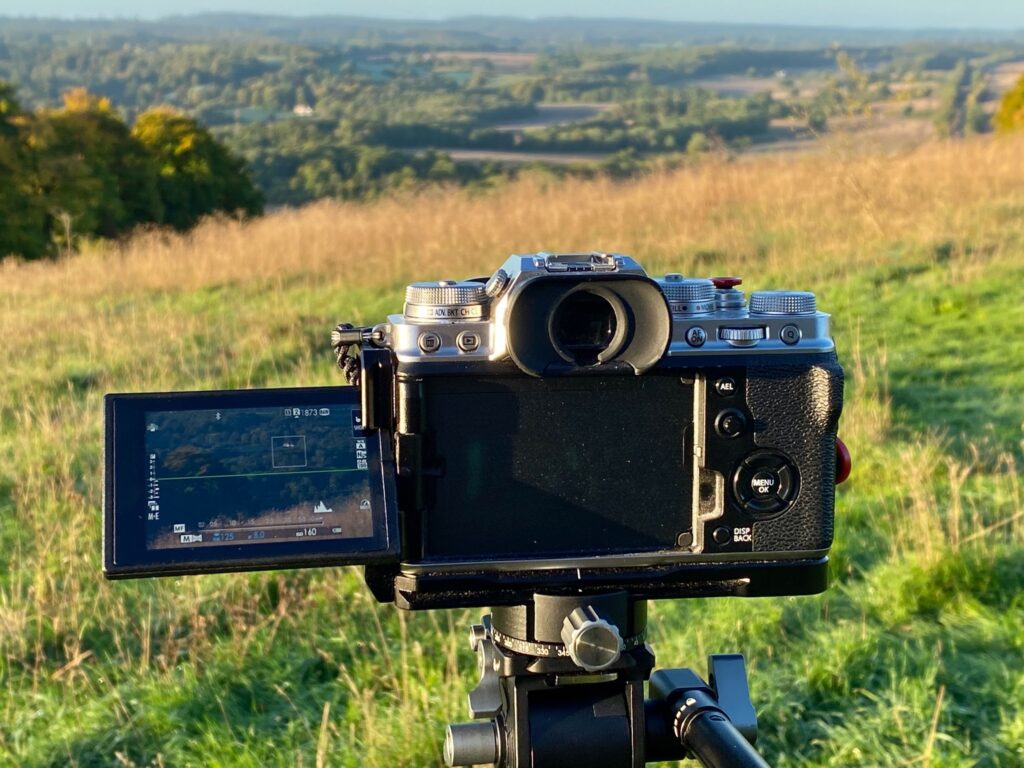
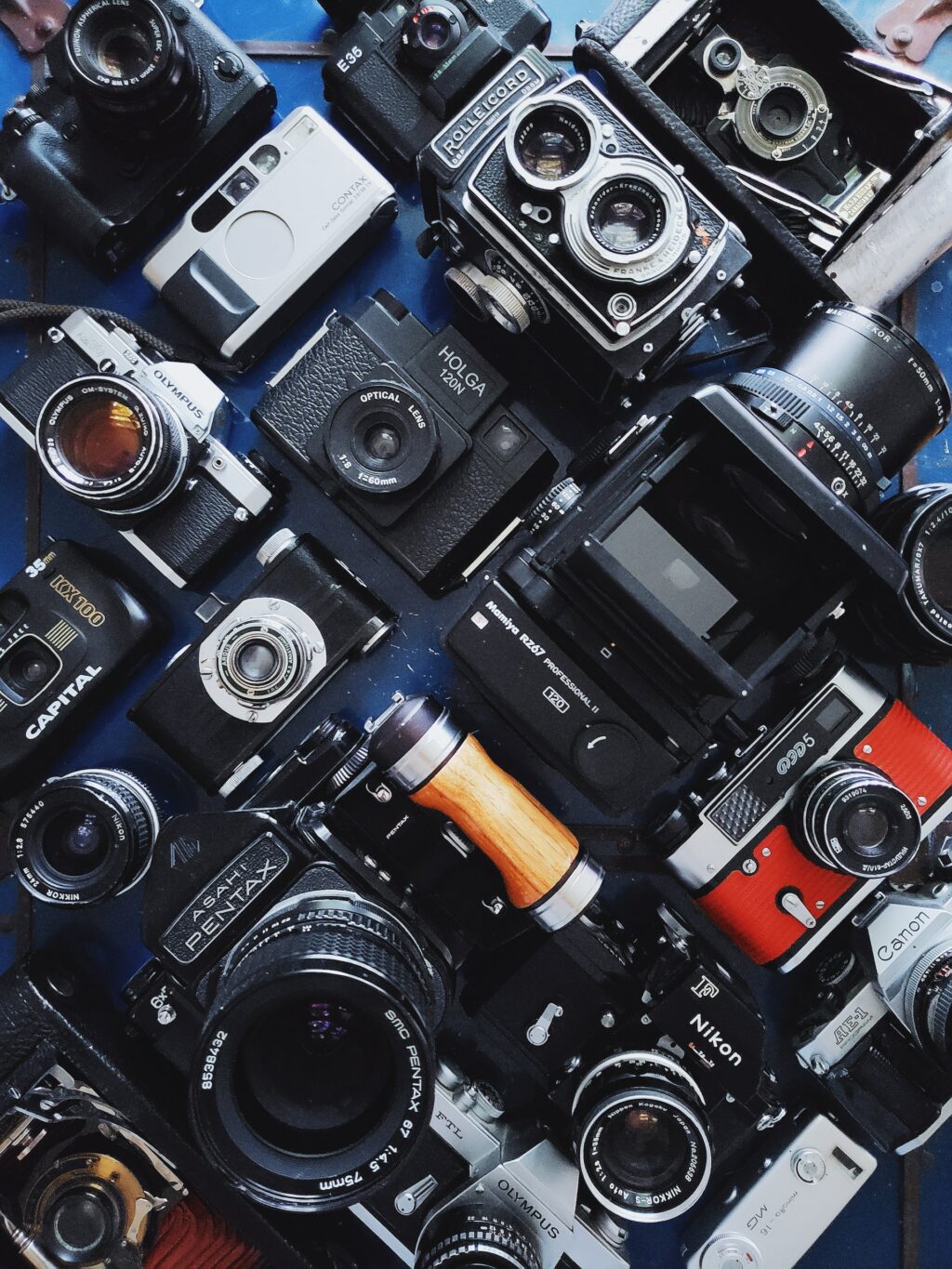
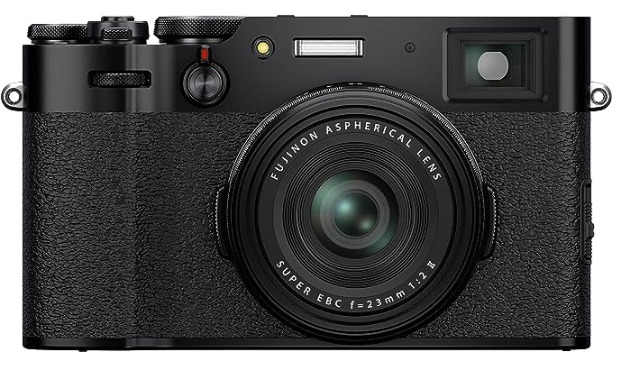
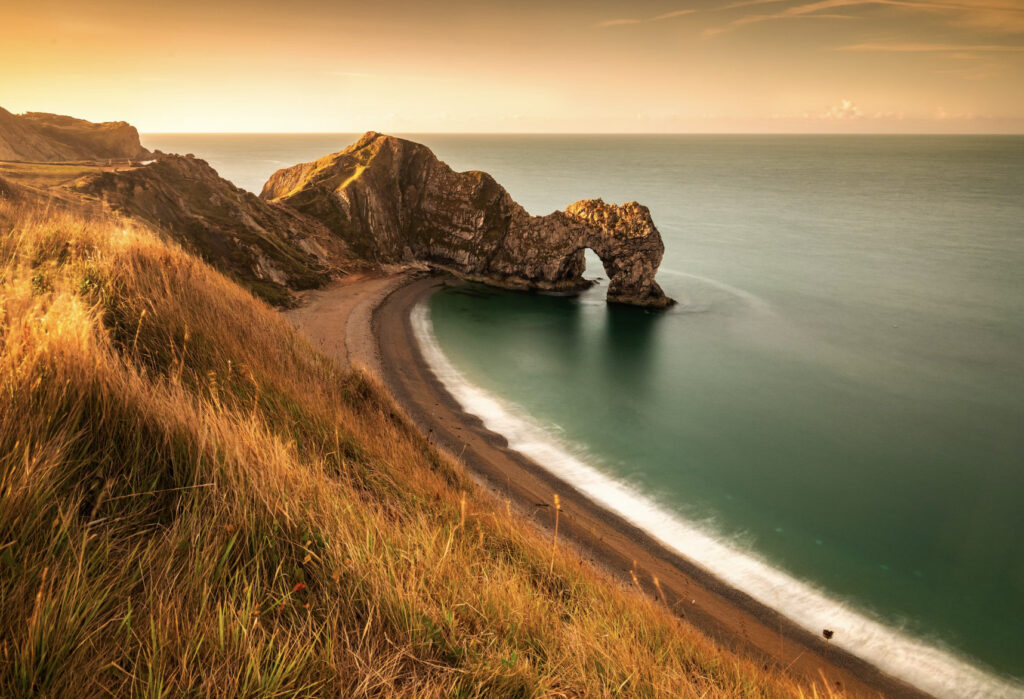
1 Comment
Very fine work. It inspires me to improve up here in New York City